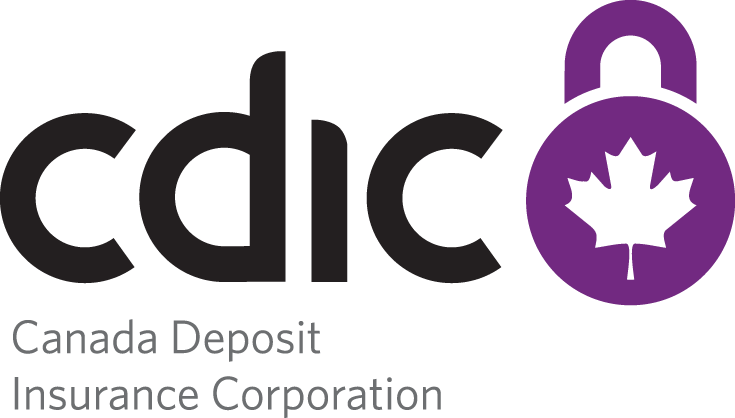CDIC tells Senate Committee “bail-in” would help protect depositors in a large bank failure
News releases
OTTAWA, May 19, 2016 — In a Parliamentary appearance today, the Canada Deposit Insurance Corporation (CDIC) said that proposed bail-in legislation would enhance its ability to protect depositors in the unlikely event of the failure of a large bank.
“Bail-in is another important tool that would strengthen our resolution toolkit and is consistent with global standards set out by the Financial Stability Board,” said Chantal Richer, CDIC Vice-President of Corporate Affairs and General Counsel.
In her opening statement (PDF, 287 KB), Ms. Richer told the Senate Committee on Banking, Trade and Commerce that in a large bank failure, depositors would be protected by the bail-in regime.
The regime would enable a failing bank to continue serving its customers by allowing CDIC to convert certain debt of the bank into common shares to recapitalize the bank while it remains open and operating. This would ensure losses are covered by the failing bank’s shareholders and certain investors, not taxpayers, and not depositors.
Bail-in would not change the insurance protection that CDIC offers to depositors – their deposits would remain protected.
Since it was created in 1967, CDIC has dealt with 43 member failures affecting some 2 million Canadians. No one has lost a dollar of deposits under CDIC protection.
Canada Deposit Insurance Corporation (CDIC) is a federal Crown corporation that contributes to the stability of the Canadian financial system by providing deposit insurance against the loss of eligible deposits at member institutions in the event of failure. Eligible deposits are automatically covered to a limit of $100,000 per insured category at each member institution. CDIC members can include banks, trust and loan companies, federally regulated credit unions, and associations governed by the Cooperative Credit Associations Act that take deposits. CDIC is funded by premiums paid by member institutions and does not receive public funds to operate.
– 30 –
Further information:
Brad Evenson
Director, Communications and Public Affairs
Tel: 613.943.4395
E-mail: media@cdic.ca
